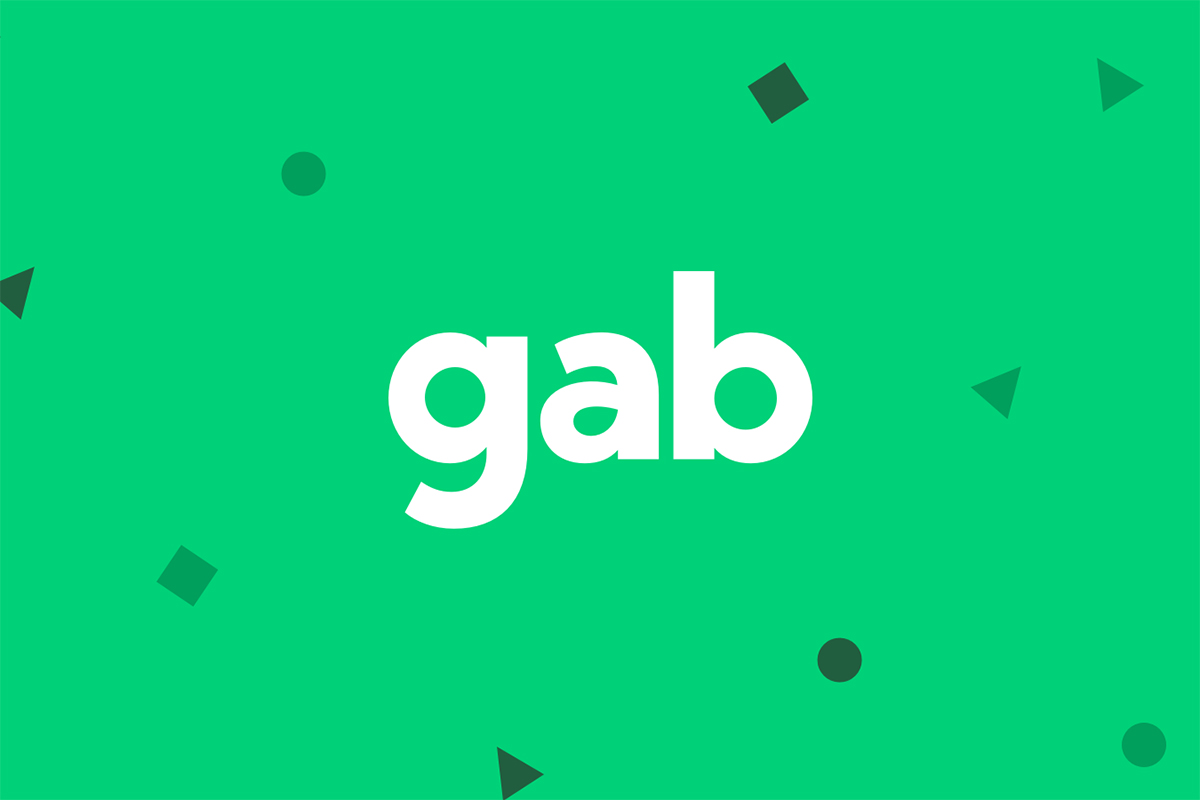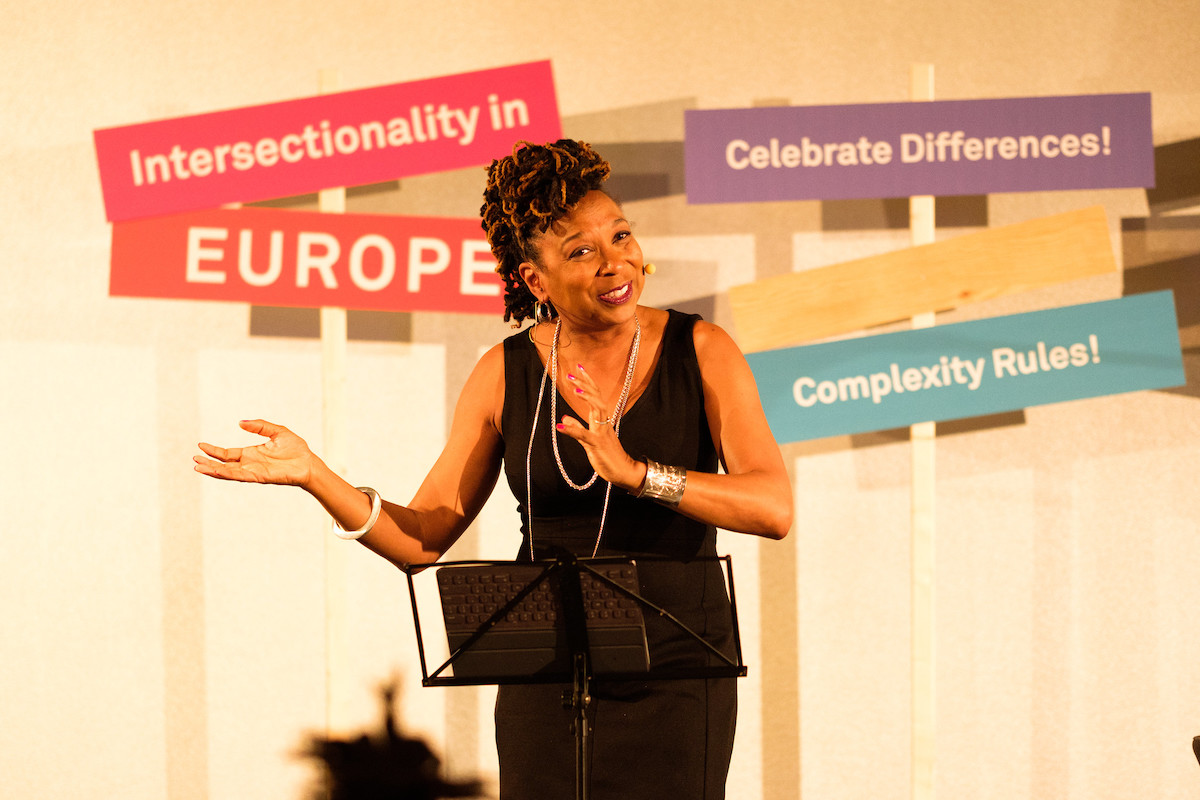recent
There’s Nothing 'Intersectional' About Free Speech
This sort of freedom leads to a freer and safer world. At Gab, we will never compromise on our commitment to protect freedom of speech for everyone.

The article that follows is the second instalment of “Who Controls the Platform?”—a multi-part Quillette series authored by social-media insiders. Our editors invite submissions to this series, which may be directed to [email protected].
Censorship is a tool of repression as old as civilization. And fighting it has always been dangerous: Socrates was sentenced to death in 399 B.C. largely because he refused to pander to a panel of moralizing censors.
These days, the punishments tend to be less severe (in Western countries, at least). More commonly, the ancient menace of censorship now takes the form of social opprobrium imposed by online hordes supposedly representing the interests of oppressed minority groups—by which I mean hordes of people claiming, almost always without basis, to speak for these groups while promoting their own narrow political agendas.
This censorship effort receives back-office ideological support from scholars promoting “intersectionality” and similar theories, which draw heavily from Marxist and post-Marxist thinking on economics and power relationships. It also encourages adherents to view the world through a lens of “oppression and the need for revolution.” As with Marxism, intersectionality presents the historical relations between people on the basis of rigid group identities, crafting narratives inevitably centered on the theme of oppressor versus oppressed.
This worldview requires individuals to regard themselves first as members of particular groups, and only second as individuals. Any dissent from such orthodoxies is dangerous to the intersectionality movement, as it serves to invalidate activists’ claims to speak on behalf of group members—which is one reason why intersectional activists now act as some of the biggest supporters of de facto censorship.

It is increasingly common to see ideological dissent punished swiftly by online mobs, whether the dissenters be in academia, Hollywood, the business world or journalism. Professors at Yale have been driven from their posts, monuments have been torn down, careers have been ruined for throwaway social media posts from many years ago. And dissenters on both the political Right and Left alike have been systematically removed from mainstream technology platforms.
As a platform, Gab takes no stand regarding intersectionality—or any other trendy movement. Gab does, however, take a stand against censorship. Gab exists to protect dissent in all its forms and dissenters wherever they may be.
We promote this goal by adopting the most effective anti-censorship legal mechanism ever devised: the First Amendment to the United States Constitution. The First Amendment provides the guiding principle for all of Gab’s moderation and data-disclosure policies. Gab will not censor anyone, nor will we voluntarily hand over data on any user, to any government, in relation to political speech that is protected by the First Amendment.
Gab’s First Amendment-based approach to free speech has proven extremely unpopular among the literati, who refer to Gab as “Nazi Twitter” or “Twitter for racists” because we stand firm in standing up for First Amendment principles and so refuse to ban users for their political opinions. Gab’s critics fail to understand that there is a dangerous world beyond the U.S. and other Western nations, a world in which people of all kinds—including LGBT+, progressive and conservative political dissidents, ethnic and religious minorities—are brutally oppressed and even murdered by their governments. Recently an Egyptian TV host, Mohamed al-Ghiety, was sentenced to one year of hard labor and fined for the crime of interviewing a gay man.
To defend themselves and promote their causes, the oppressed need access to media—including social media. Which is why those who value free speech have been flocking to Gab. The site has over 800,000 users today and is closing in fast on one million. As censorship undertaken by (and at the behest of) major platforms such as Twitter and Facebook grows, marginalized people have an increased need for safe places to engage in public—and, where necessary, anonymous—discussion.
By implementing a First Amendment standard as its guiding principle, Gab is in a unique position to extend U.S.-standard civil-liberties protections to marginalized people all over the planet—including journalists, members of religious minorities, LGBTQ+ persons, and politically exposed activists.
This sort of freedom leads to a freer and safer world. At Gab, we will never compromise on our commitment to protect freedom of speech for everyone.
Andrew Torba is CEO of Gab.






